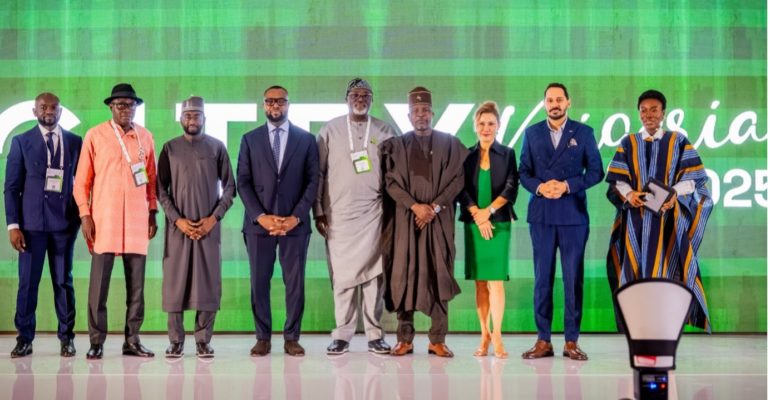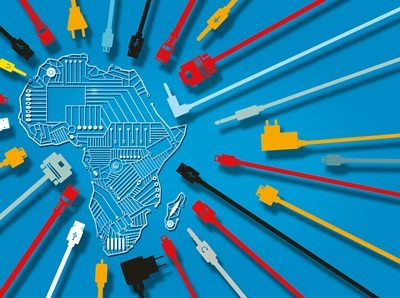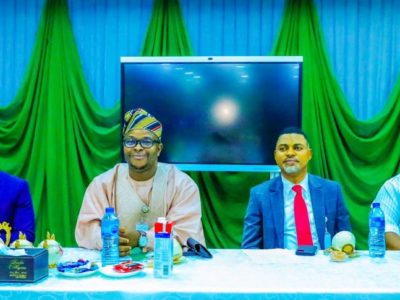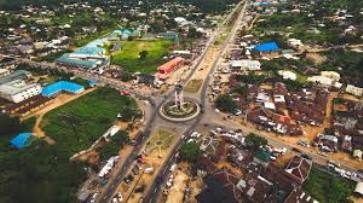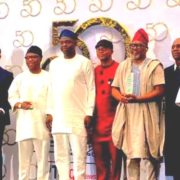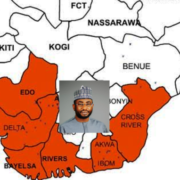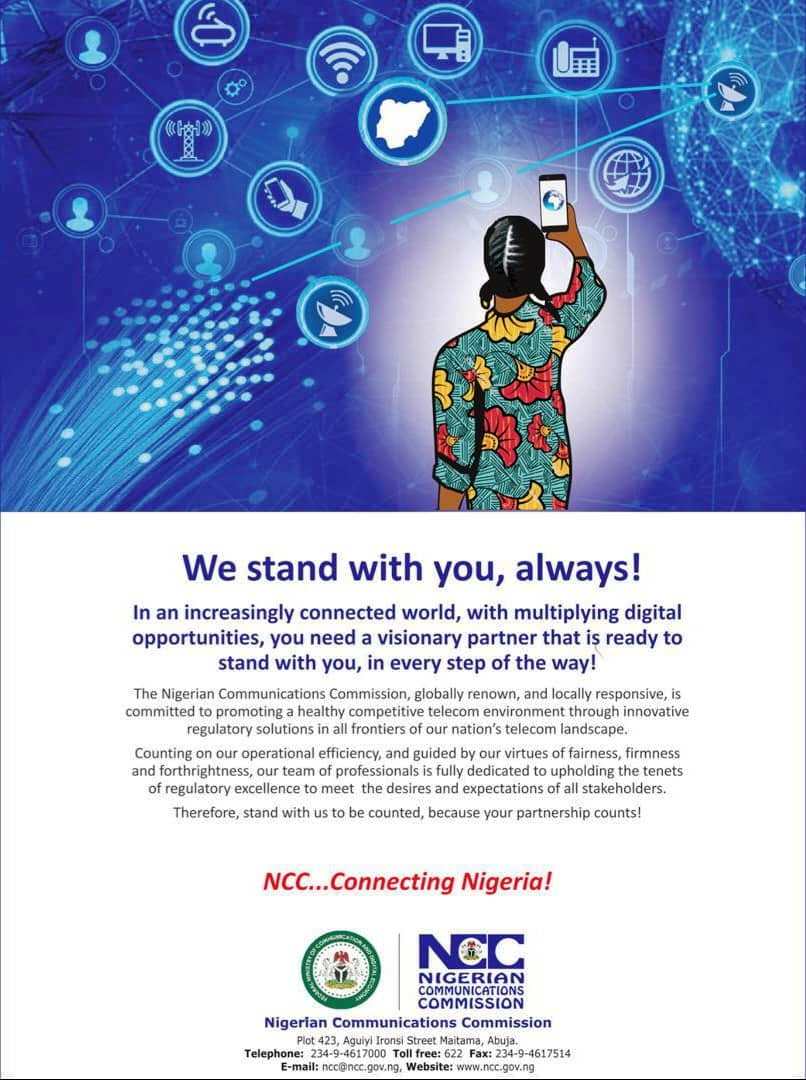Nigeria’s Minister of Communications, Innovation and Digital Economy, Dr Bosun Tijani, has called on African nations to adopt artificial intelligence (AI) as a catalyst for productivity, competitiveness, and job creation.
RELATED: NITDA Startup GITEX Roadshow: Unlocking regional innovation for global competition
Africa Risks Falling Behind Without AI Adoption
Speaking at GITEX Nigeria 2025 in Abuja, Tijani warned that Africa could be left behind if it delays AI integration across key sectors. He noted that countries already applying AI in agriculture, finance, logistics, and education are experiencing exponential growth, while many African economies still rely on outdated practices.
“AI will widen the productivity gap between nations. Those ahead will accelerate, while those behind will struggle,” Tijani cautioned.
AI Success Stories: Lessons from Brazil and South Africa
Drawing on experiences from Brazil and South Africa, the Minister highlighted AI-driven precision agriculture—where tools like soil sensors, drones, and predictive analytics help farmers cut input costs by up to 95%. By comparison, Nigerian farmers average 2.5 tonnes of maize per hectare, far below Brazil’s 10–12 tonnes.
Four Priorities for Africa’s AI Strategy
To guide Africa’s AI journey, Tijani outlined four strategic priorities:
- Balancing sovereignty with collaboration – Developing national AI strategies while aligning with global standards.
- Harnessing Africa’s youth – Building future-ready skills through initiatives like the 3 Million Technical Talent (3MTT) programme.
- Digitising African realities – Creating relevant datasets for agriculture, health, and education to ensure AI reflects local needs.
- Investing in infrastructure – Expanding affordable connectivity and clean energy to support AI-driven growth.
He stressed that AI should be seen as an opportunity for Africa to become a producer of innovation, not just a consumer.
NITDA DG Calls for Shared AI Infrastructure
The Director-General of NITDA, Kashifu Inuwa Abdullahi, echoed Tijani’s call, urging African nations to collaborate on shared AI infrastructure. He warned that any country left behind risks “catastrophe,” while leaders of the AI revolution will shape the global economy.
Abdullahi identified four areas for capacity-building:
- Human Capital – leveraging Africa’s youthful, tech-savvy population.
- Infrastructure – investing in connectivity, data centres, and computing power.
- Policy Frameworks – building national AI strategies, with Nigeria already taking the lead.
- Ecosystem Support – funding AI start-ups and fostering partnerships with global tech players.
He also emphasised the need for local large language models (LLMs) to preserve African cultures and values in global AI systems.
Global Collaboration and Nigeria’s Digital Future
Wrapping up the summit, Trixie LohMirmand, Executive Vice President of the Dubai World Trade Centre (DWTC), urged deeper international collaboration, positioning Nigeria as a frontier of digital opportunity.
She noted Nigeria’s population growth—from 230 million today to a projected 400 million by 2050—makes it one of the most important markets for global innovation.
“Nigeria is not defined by its challenges but by the scale of its opportunities. Those who stay the course are the future of Africa,” LohMirmand said.
She reaffirmed DWTC’s commitment to supporting GITEX Nigeria as a platform for African start-ups, SMEs, and innovators to secure global partnerships and compete internationally.

